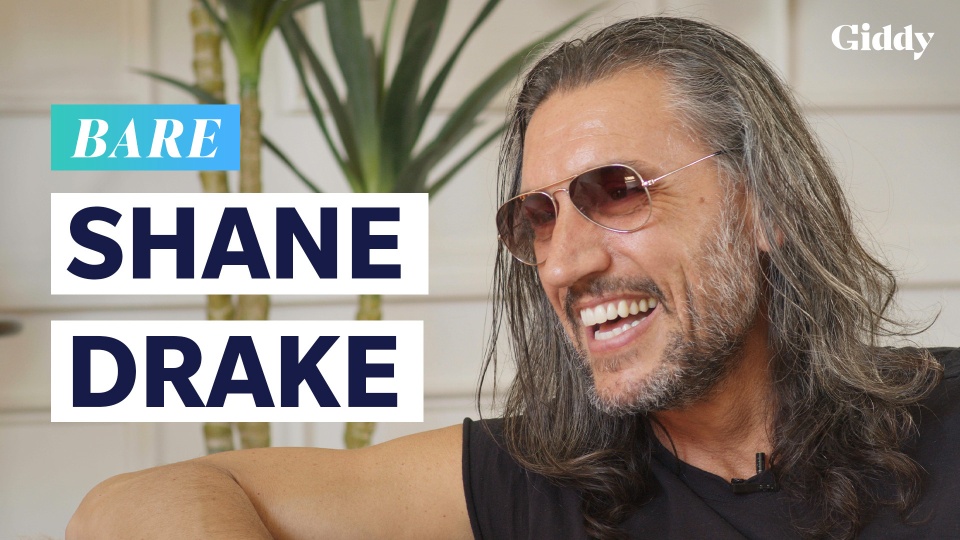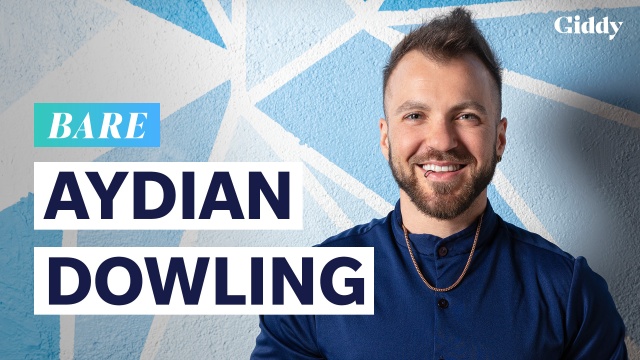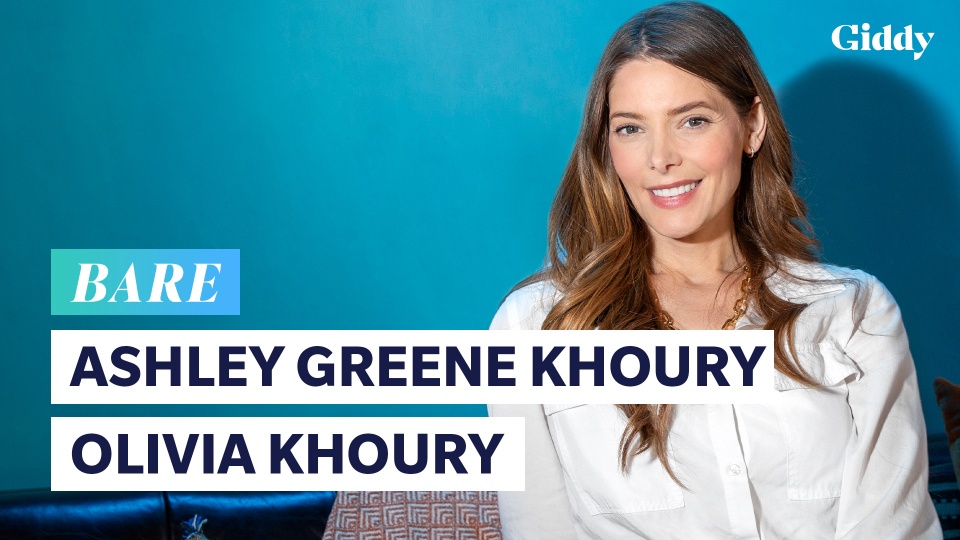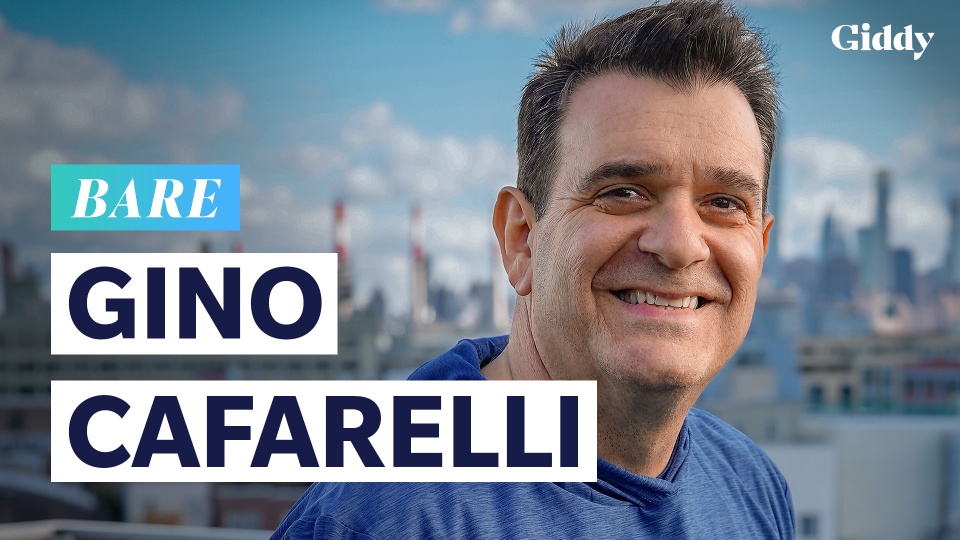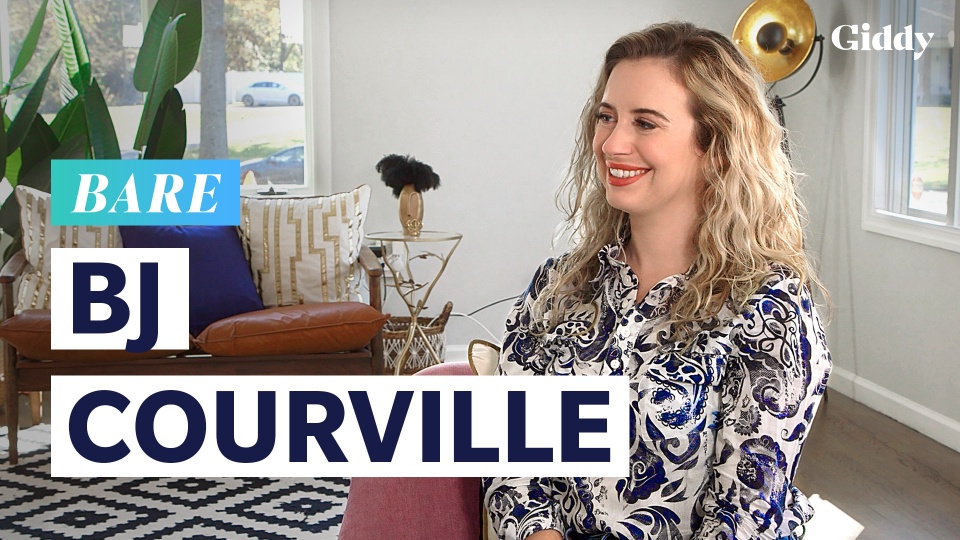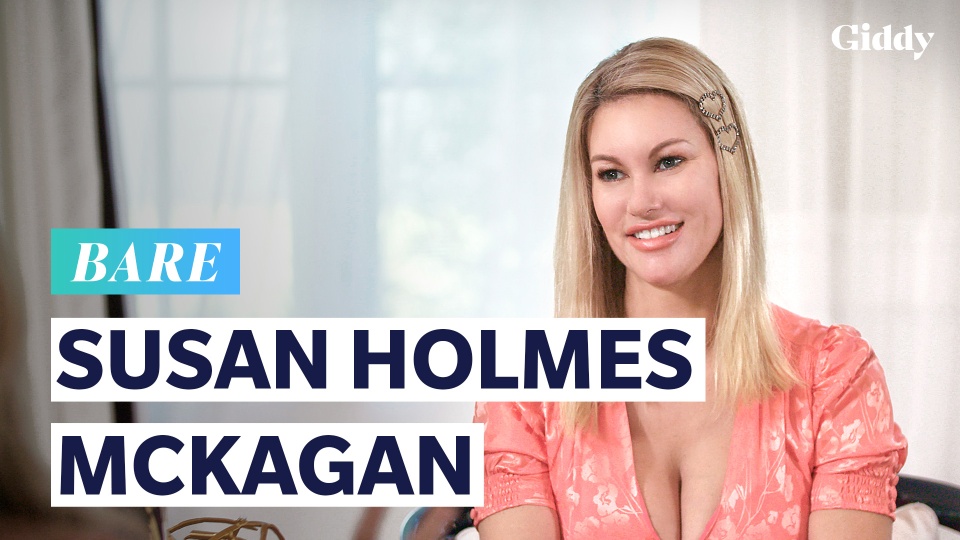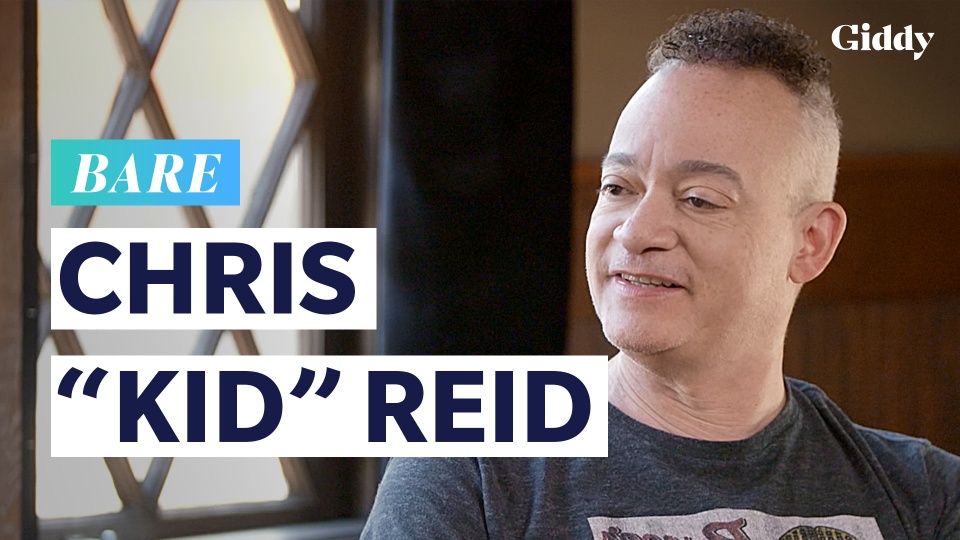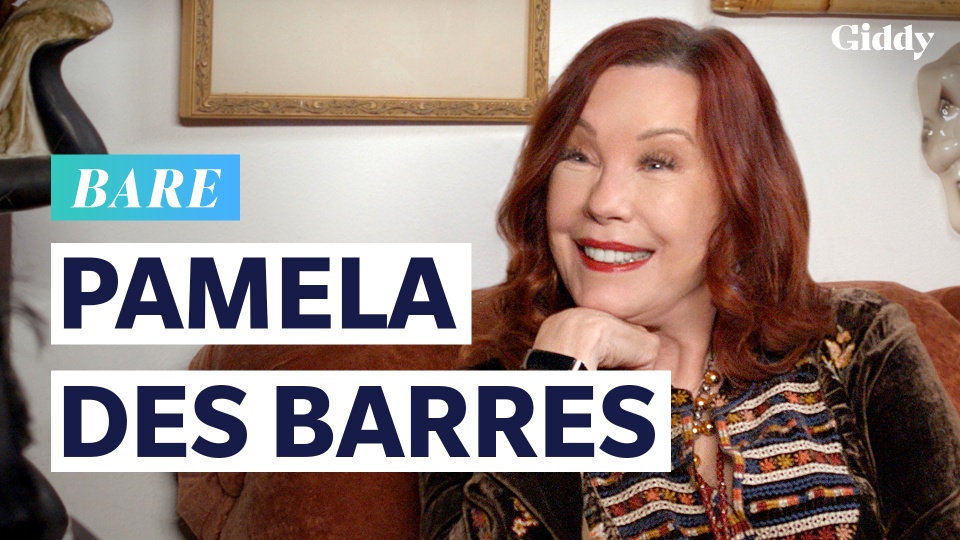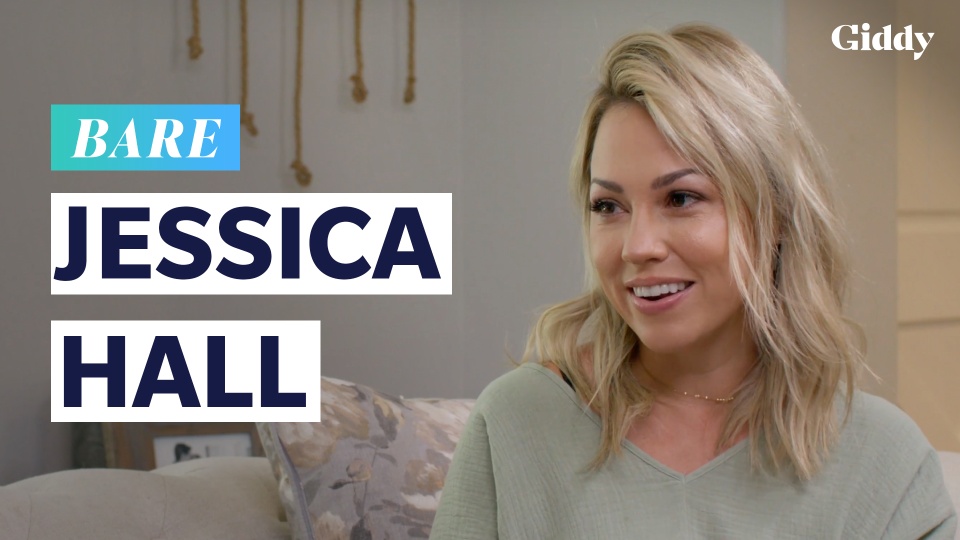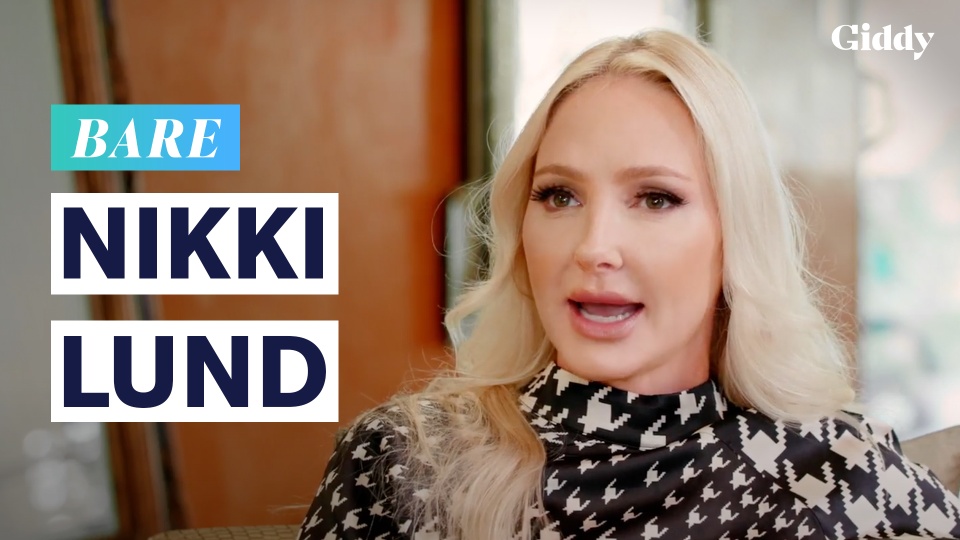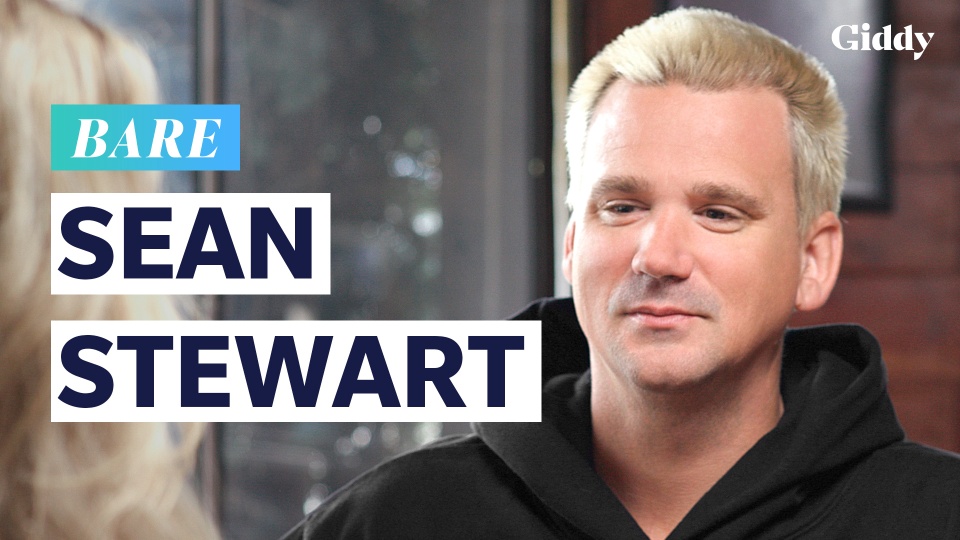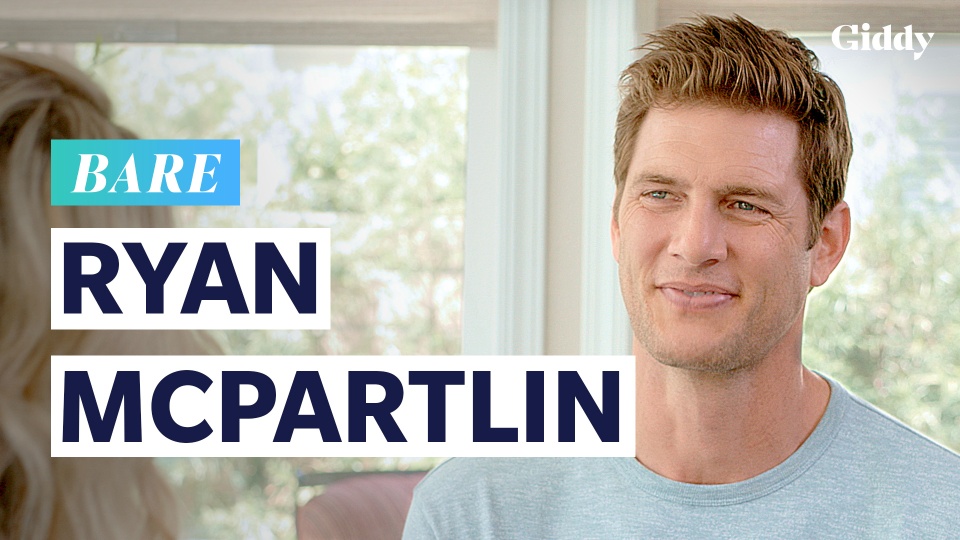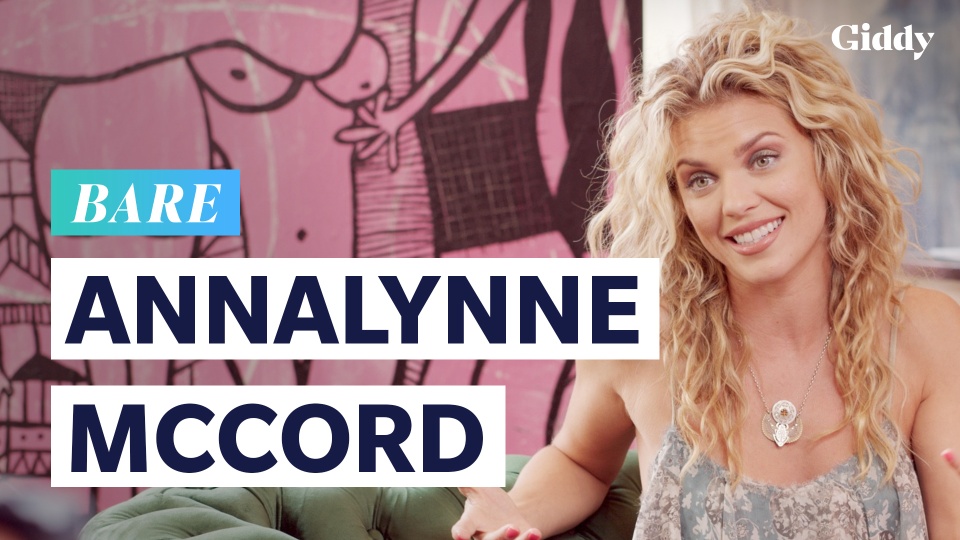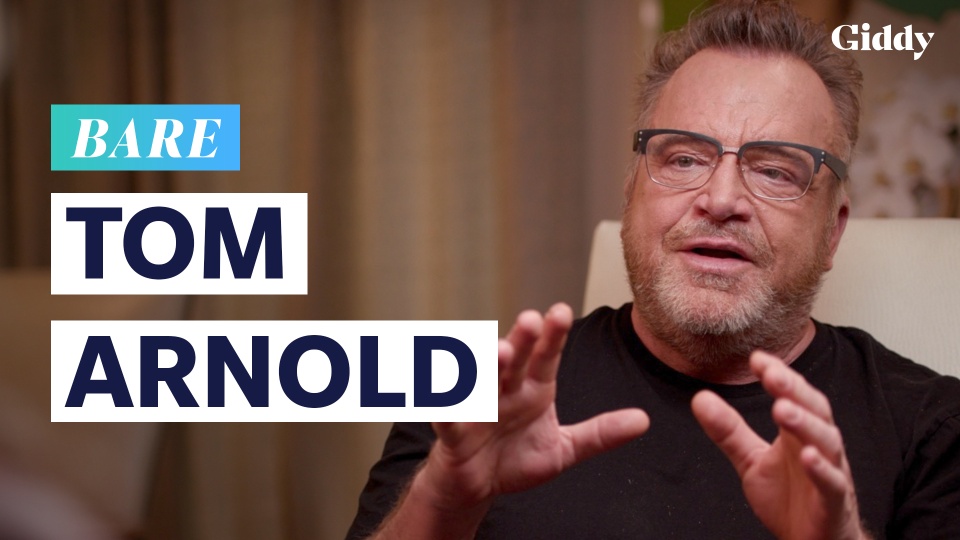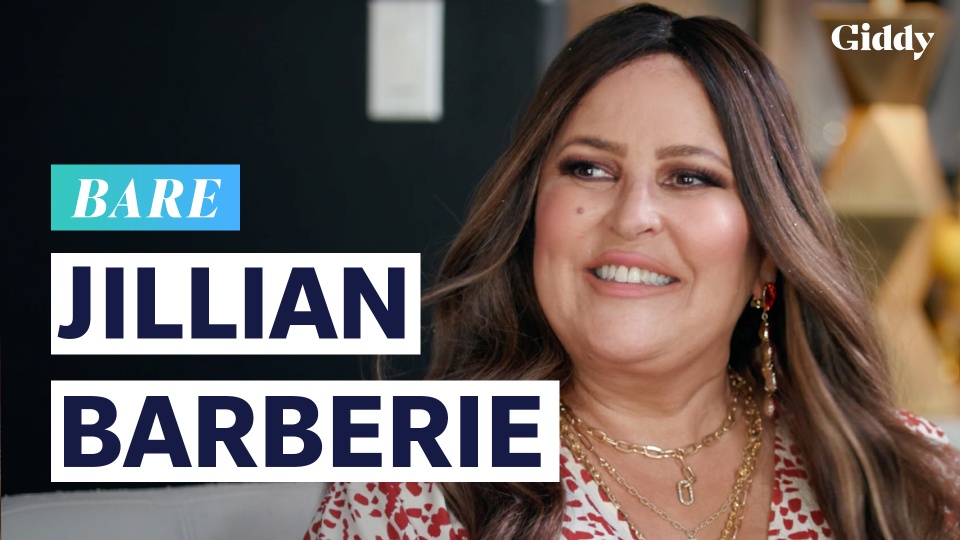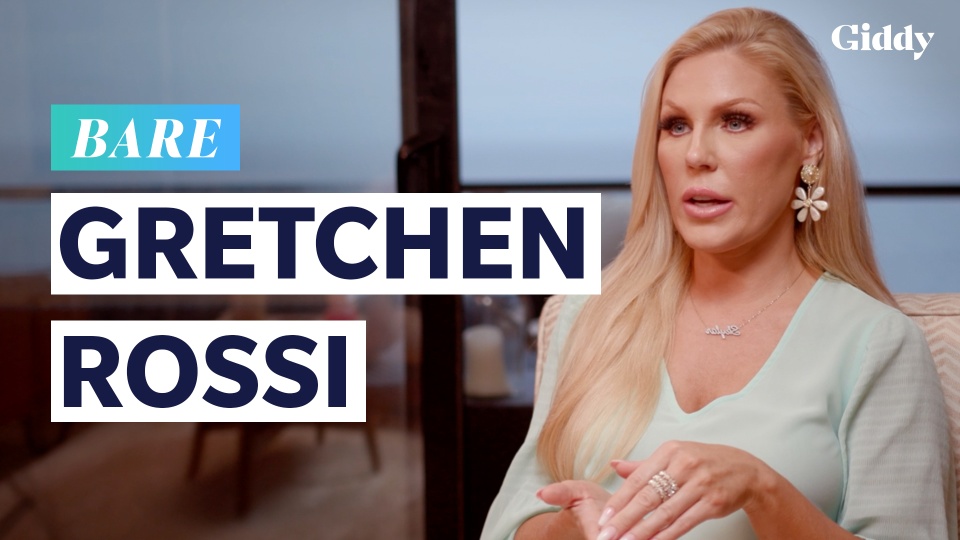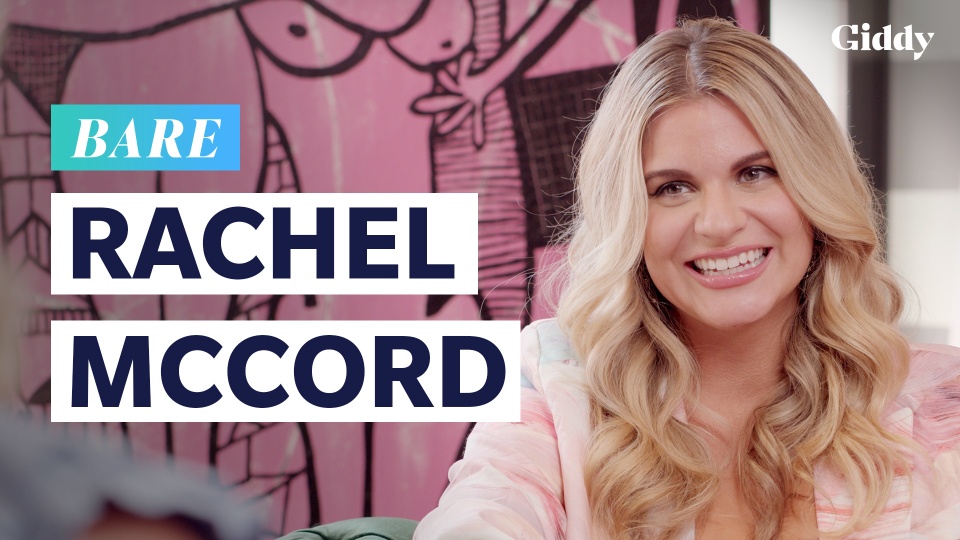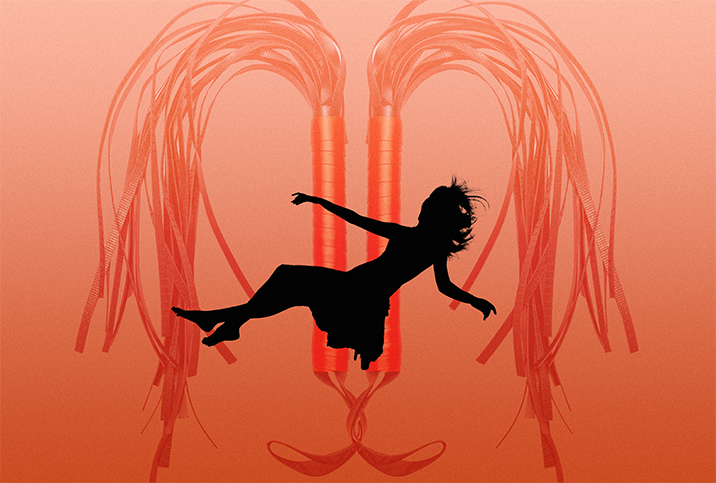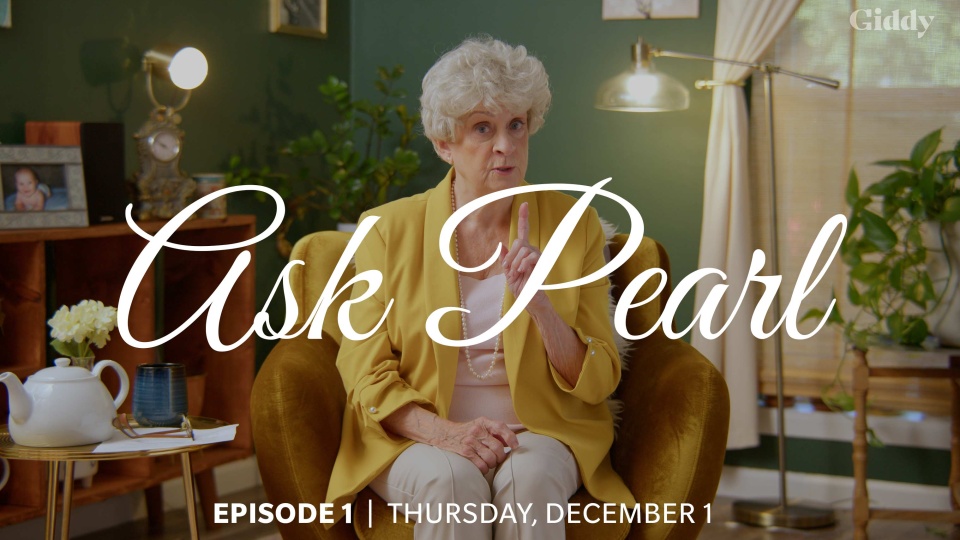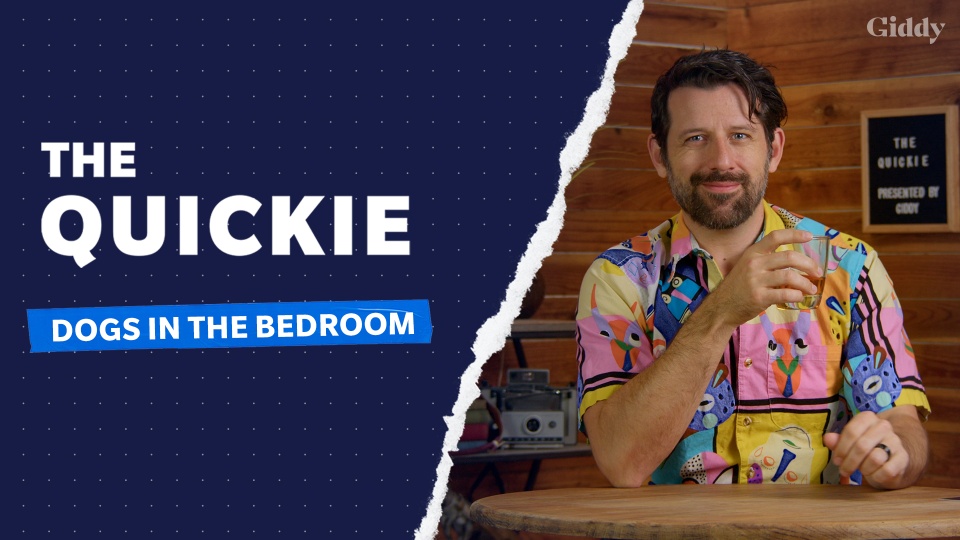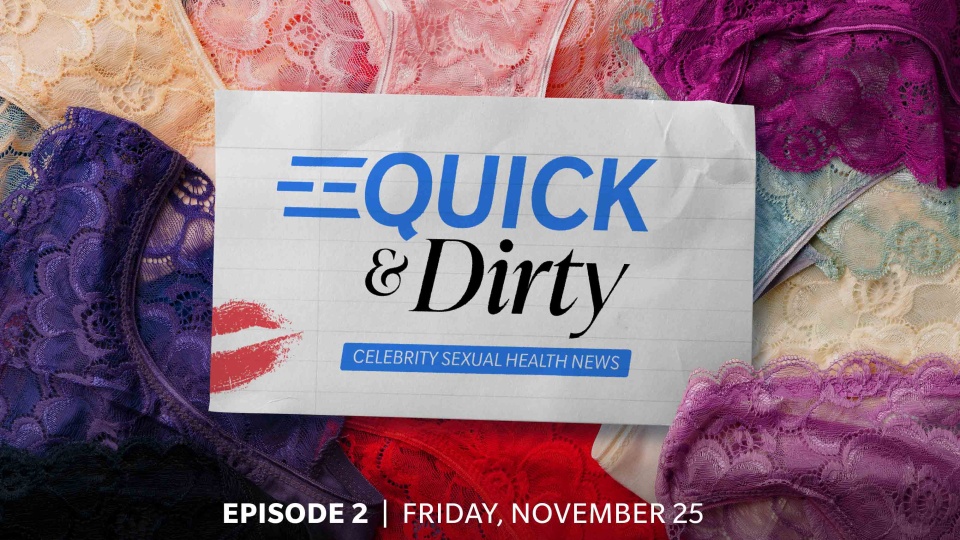AnnaLynne McCord on recovering from sexual trauma
Actress and activist AnnaLynne McCord sat down with Giddy's Marisa Sullivan to discuss the importance of speaking up for survivors, the impact of trauma on her memory, and how finding safety in a partner helped heal the wounds of her past.
More about this episode
A Conversation With AnnaLynne McCord
Actress and activist AnnaLynne McCord sat down with Giddy's Marisa Sullivan to discuss her intense healing journey since suppressed memories of sexual abuse surfaced several years ago. Someone she knew abused her from ages 5 to 11, and that resulted in decades of built-up trauma. Being raped at age 19 by a male friend exacerbated the trauma.
Her intentional road to healing has included therapy, meditation and a healthy relationship with her partner. As a result of the work she has done to heal the wounds of her past has been able to use her voice to empower other victims and survivors to speak up.
McCord—who starred in the CW’s “90210” reboot, appeared on “Nip/Tuck” and is currently a series regular on “Power Book III: Raising Kanan”—has spoken against sexual assault at many events, including in 2015 at the United Nations in support of the U.N. Women for Peace Association (UNWFPA). She also developed a charity called The Love Storm to initiate a global movement to raise awareness of human trafficking.
Transcript
The last couple of years, you have started to talk about sexual abuse and sexual assault and, more importantly, speaking up about going through these traumas. Where did this transition come from?
Well, first of all, thank you for this platform. If we hope to do anything in this field to change it, we have to talk about things. Silence was the modus operandi of the past.
[...]
When I first told my story, I was dragged up on stage during an event for my organization for an impromptu second auction. I was thrown out on stage like a deer in headlights. Everything's been said, everything's been done. I didn't know what to do, so I said, "You've heard all the stories from the survivors and the founder, but you don't know the story of one girl." And then I thought, "Oh, why did I say that? That was stupid! There's a thousand people here!"
So, that's how my story came out. Cosmopolitan magazine was in the audience and they reached out to my team to do a story about what happened to me.
When I was 19, I was sexually assaulted by a "friend" who was crashing at my home. I woke up and he was inside me, and I froze. My whole body shut down and I didn't know what to do. Then I blamed myself because I didn't fight back—so is that really rape? It was just all these questions in my mind.
I didn't know how to deal with these thoughts so I just said, "I'm gonna go to work and pretend like this is not happening."
Work is an addiction, too: at 90 hours a week working, getting on a red-eye [flight], going to all these other gigs that I would have scheduled so that I never had a moment of stillness where I had to face my life.
So, all that happened, and as a result, I began this journey towards openness about my life. I had been the complete opposite. Everything was a facade, everything was a mirage, a mask. I would panic. I literally had my own sisters sign NDAs [non-disclosure agreements]. I was terrified of my life story getting out.
Who was the first man to show you more beautiful qualities? Who broke through that wall?
A very ferociously strong man: Dominic Purcell. You might know him from "Prison Break," where he was bustin' up some heads, breaking out of prison.
I had such severe sexual abuse at such a young age that my body decided, "This is unsafe for you to feel." So I was completely numb.
One of the hallmarks of trauma in relation to memory is that you don't store the memories oftentimes. So you have explicit memories, which are file-folder, [like] my birthday in 2010 when I jumped off the slide and broke my knee. That memory is stored forever, a trauma you seared in your brain.
And then there's trauma that your brain says, "No. This is too much. We're gonna not do this memory. This is super ew." So those memories are implicit memories. I describe them as a feather floating around a room, and when you're triggered, someone turns on a vacuum. And the feather gets sucked up into the vacuum. You don't know where you are in time and space, and it's just happening now and it's full on. So that was my experience. I was going through severe panic attacks. Eventually, I started to undergo PTSD [post-traumatic stress disorder] treatment.
I literally went into BDSM [bondage, discipline, dominance and submission, sadism and masochism] because I couldn't feel anything. Dom was my dom. (laughs)
There are many reasons why that man will be my forever person. He is staying in my house right now. We're not together, but we're family.
He was a hero in a way for you.
Oh, he changed everything.
For the people out there, how do you tell a partner about your mental illness and sexual trauma? How did you do it?
Well, it's interesting. He knew. A lot of times, we attract what we are, especially if you haven't realized your shadow, what's underneath the surface—and I had realized absolutely fucking nothing. He was a mirror back to me. So many of the things that happened to him, different versions of the same thing happened to me, and vice versa.
Dom created space for me, but he called me the f*ck out. He did not take bullsh*t. And that's why I trusted him.






